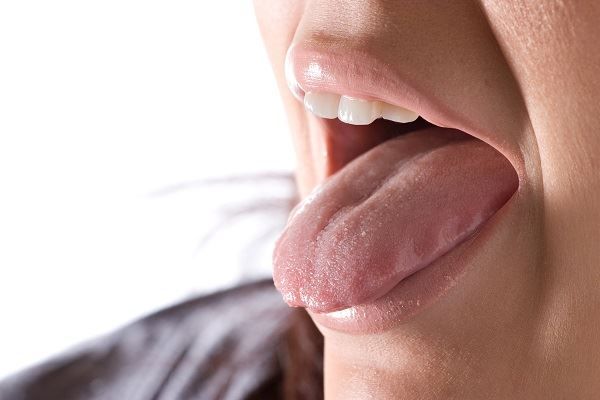You have trouble tasting food and speaking clearly. Your tongue has felt numb and sometimes painful. You may have experienced similar sensations and effects to your chin and bottom lip. You’ve suffered psychologically, socially and physically, reducing your quality of life. You may have lingual nerve damage.
What is the Lingual Nerve?
The lingual nerve is what gives functionality to two-thirds of the tongue. It goes through the length of the tongue and connects to the back of the jaw.
The lingual nerve is what gives your tongue the ability to move, have sensation and taste food.
What Cause Lingual Nerve Damage?
The vast majority of lingual nerve damage cases are the result of wisdom teeth extraction. This is because the main offshoot of the lingual nerve that goes through the tongue is located a mere 4 mm from the base of the bottom wisdom teeth sockets.
An improperly placed or administered injection done in preparation of extracting one or both of the bottom jaw wisdom teeth can result in damage to the lingual nerve.
Local anesthetic dental injections on the floor of the mouth for other dental operations concerning the bottom jaw, bottom portion of the mouth or face, especially for sublingual or submandibular surgery, can also go awry inadvertently causing lingual nerve damage.
For many dental patients that unexpectedly experience lingual nerve damage, it is temporary, often healing on its own resulting in fully regaining the proper use and feel of their tongue in six weeks after their wisdom teeth extraction procedure.
Permanent lingual nerve damage is likely if a patient experiences numbness, an alteration of sensation and pain in the tongue for more than three months.
What Are the Odds of Lingual Nerve Damage?
The risk of lingual nerve damage associated with wisdom teeth extraction surgery is extremely low. It is estimated that there is a 2% chance of temporary lingual nerve damage and a .2% of permanent nerve damage.
It is best practice for the dentist to warn their patients about the lingual nerve damage risks before performing a wisdom tooth extraction or any other kind of dental procedure requiring the administration of local, deep dental anesthetic injection.
Dentists can reduce the liability of lingual nerve damage through infiltration dentistry and by avoiding the access to the tongue when conducting wisdom teeth extraction.
What Happens if You Get Permanent Lingual Nerve Damage?
If you incurred permanent lingual nerve damage as a result of a wisdom tooth extraction and was not informed of the risk and can prove that the difficulty in speaking and eating has caused a decrease in your quality of life, you may have the right to a lawsuit case against your dentist.
If you believe that you may have a possible lingual nerve damage lawsuit case, contact us at Chianese & Reilly Law, your local dental malpractice lawyers in New York.
We are a law office with lawyers experienced and trained to handle a variety of dental lawsuits, including those pertaining to lingual nerve damage. Chianese & Reilly Law has the expertise and resources available to ensure that you win your case and get the compensation you deserve.


